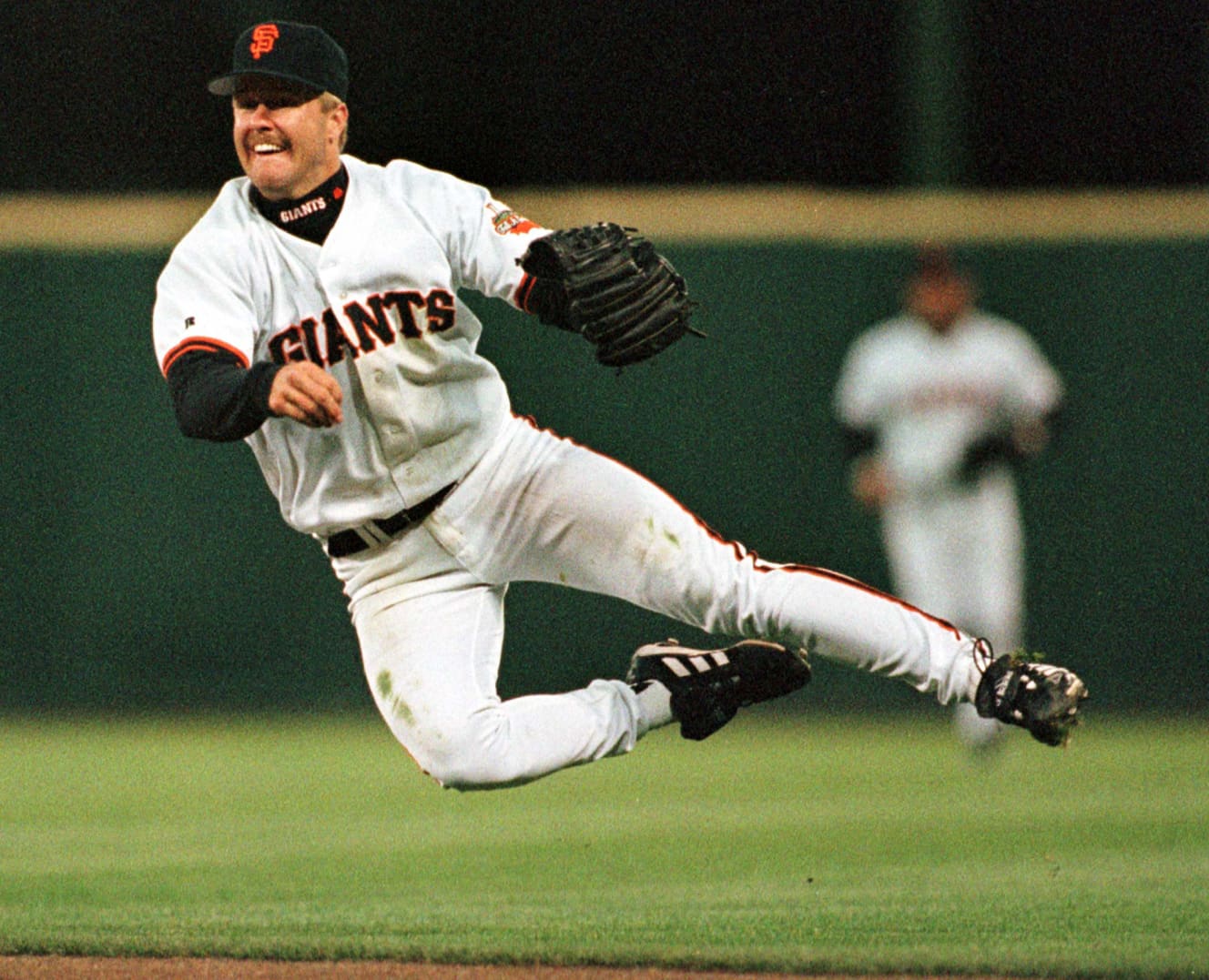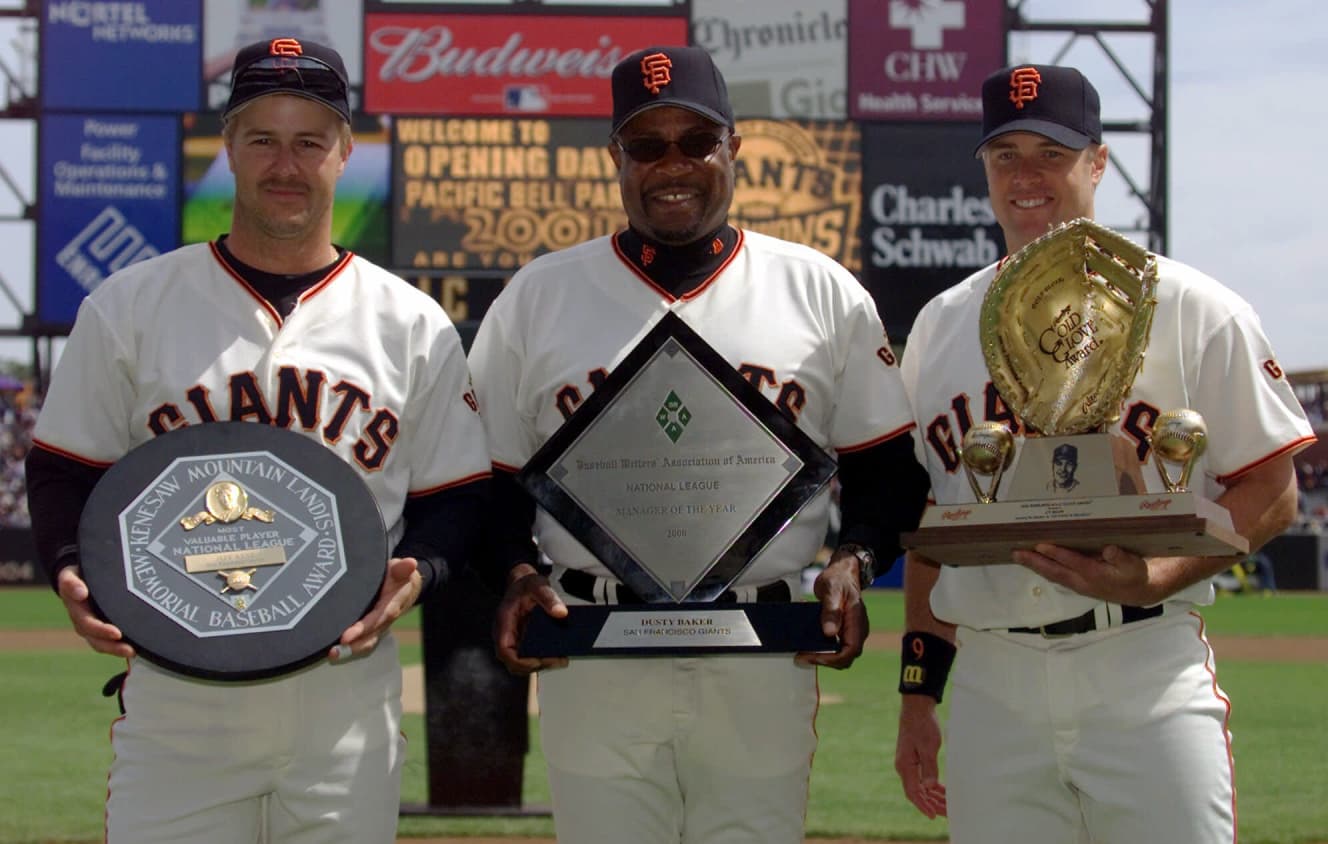The Best Second Baseman of All Time in the Majors! Jeff Kent’s Direct Quote, “We Don’t Need the WBC”

On February 17, the training camp for the Japanese national team for the World Baseball Classic (WBC) began. The day before the camp, manager Hideki Kuriyama landed at Miyazaki Bougainvillea Airport, where the camp was held, and commented to the press, “We will train as a team to become the best in the world. The news agency that sent reporters to the area also reported the following statement from Shohei Ohtani, who is currently participating in the Los Angeles Angels’ spring camp.
On March 16, Ohtani gave an interview for the first time since he started camp in Tempe, Arizona, and expressed his enthusiasm for the World Baseball Classic (WBC) in March, in which he will represent Japan: “Personally, I’m looking forward to it and will do my best to win it. This will be my first appearance in the WBC. I’m looking forward to the big stage where I’ll be playing with the Japanese flag on my back.
The words “the best in the world” used by manager Kuriyama and “the big stage” used by the news agency were disconcerting.
A few weeks before the start of the Miyazaki camp, major leaguers from various countries announced that they would not participate in the WBC.
Minnesota Twins infielder Carlos Correa will represent Puerto Rico, Chicago Cubs infielder Trey Mancini, Toronto Blue Jays pitcher Jordan Romano, and New York Mets outfielder Brandon Nimmo will represent Italy, Seattle Mariners pitcher Luis Castillo pitcher, Luis Severino of the New York Yankees, Flumber Valdez of the Houston Astros, and Freddy Peralta of the Milwaukee Brewers declined to represent Dominica, and infielder Shiman Choi of the Pittsburgh Pirates also declined to represent Korea.
Each team has expressed reluctance to allow players from their own team, who are paid salary, to participate. In Major League Baseball, where shoulders are considered expendable, it is only natural that pitchers, in particular, should not be overloaded.
The Japanese media and baseball fans tend to equate the World Cup with the WBC, but this is a big mistake. The World Cup is the biggest tournament on the planet that every soccer player would die for, and being selected is a great honor in itself. However, the WBC is something that so many major leaguers can wear on their sleeves. What in the world is “best in the world” about an event in which the top players are suspended from playing one after another?
The WBC started in 2006. Japan won the first WBC in 2006 and the second in 2009. However, it was only the Japanese who were excitedly proclaiming themselves the “best in the world.
As a correspondent for a Japanese sports newspaper before the event was born, I asked a number of major leaguers what they thought of the WBC, but I heard few positive words. I was particularly struck by the words of Jeff Kent, who played 17 years in the major leagues and won the MVP award in 2000 with the San Francisco Giants. The second baseman, who once formed a cleanup lineup with Barry Bonds and was a five-time All-Star, said, “Before the season starts, you have to play the season.
Before the season starts, you have to be fit enough to play the season. We don’t have time to think about anything else during the critical time of spring camp. The young guys who want to gain experience should play. I’m not interested at all.
Kent’s comment sums up the WBC in a nutshell. Kent is well known for his blunt remarks, and in June 2002 he was the center of attention for his altercation with the home run king, Bonds. Despite his problems, Kent was known as a top-notch player who also produced results.
Kent’s assertion that “this is a tournament that you don’t need to be in 100 percent condition to start the season.
Kent’s assertion was apt.
I was living in Nevada when the first tournament was held. I once asked a friend of mine who was a baseball fan, whom I saw when I dropped off and picked up my kindergartener son from school, “Do you watch the WBC? I once asked. He responded, “I’m watching the WBC.” He had a hat, jacket, and T-shirt all in Los Angeles Dodgers blue.
What’s the WBC?” You mean the Women’s Basketball Championship?

Hideki Matsui, the greatest Japanese slugger of all time, also decided not to participate in the first and second editions of the WBC, and in 2009, when the second tournament was held, all members of the Chunichi Dragons team indicated they would not participate in the WBC. The Yomiuri Shimbun, the newspaper that ran the show business of the games in Japan, made a fuss because it was its own business.
The Yomiuri Shimbun, which handles the entertainment of the games in Japan, made a fuss over the games because they are a business that it handles. FIFA, which promotes the World Cup, has 209 member countries, more than the 193 member countries of the United Nations.
The WBC, on the other hand, is organized by Major League Baseball (MLB) and the MLB Players Association. Many of the 30 Major League Baseball teams refuse to send their players to the WBC, fearing that they will be injured before the regular season and not wanting them to have to put in the extra work. For some reason, the Japanese media refuses to report this point.
Of course, the media, which makes a living off the WBC, needs publicity. Commercials are propaganda. And Japanese people, who prefer a good-natured viewpoint, tend to believe in the information without much doubt.
Since childhood, Japanese have been taught that “what is in the textbooks is right,” “a teacher’s word is true,” and “one must obey one’s superiors and seniors,” and they basically do not doubt others. They do not like to have different values from others and prefer to follow others. However, every time I see the daily news reports that make a fuss about Japan winning the WBC as “the best in the world,” I am reminded of the Japanese people who were brainwashed by the Imperial Japanese Army during the Pacific War.
Jeff Kent hits the nail on the head. Major leaguers are aiming for the playoffs and winning the World Series.
Interview and text by: Soichi Hayashi
Born in 1969. Passed the professional boxing test as a junior lightweight, but suffered an injury to his left elbow. After working as a reporter for a weekly magazine, he became a nonfiction writer, and in 1996, he moved to the U.S. to teach at a public high school in the U.S. He also works as an educator. 2014, he completed the Graduate School of Interdisciplinary Information Studies, The University of Tokyo. He is the author of "Minority Fist," "America's Lower Level Education Site," and "America's Problem Child Regeneration Classroom" (all Kobunsha e-books), "God's Ring," "The Door to the World: Forward! Samurai Blue" and "Hohoite to Nurture Coaching" (all published by Kodansha).
Photo: Reuters/Afro, AP/Afro